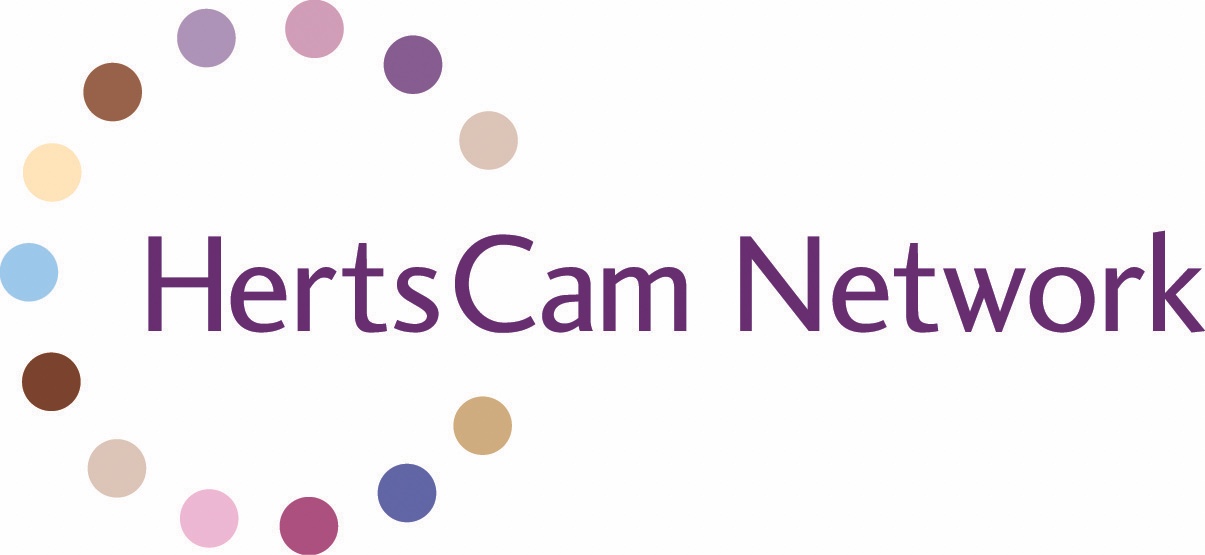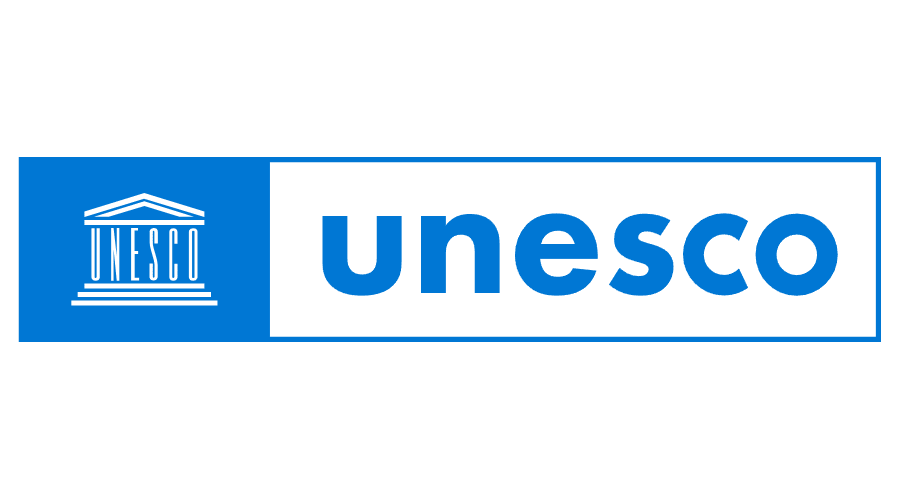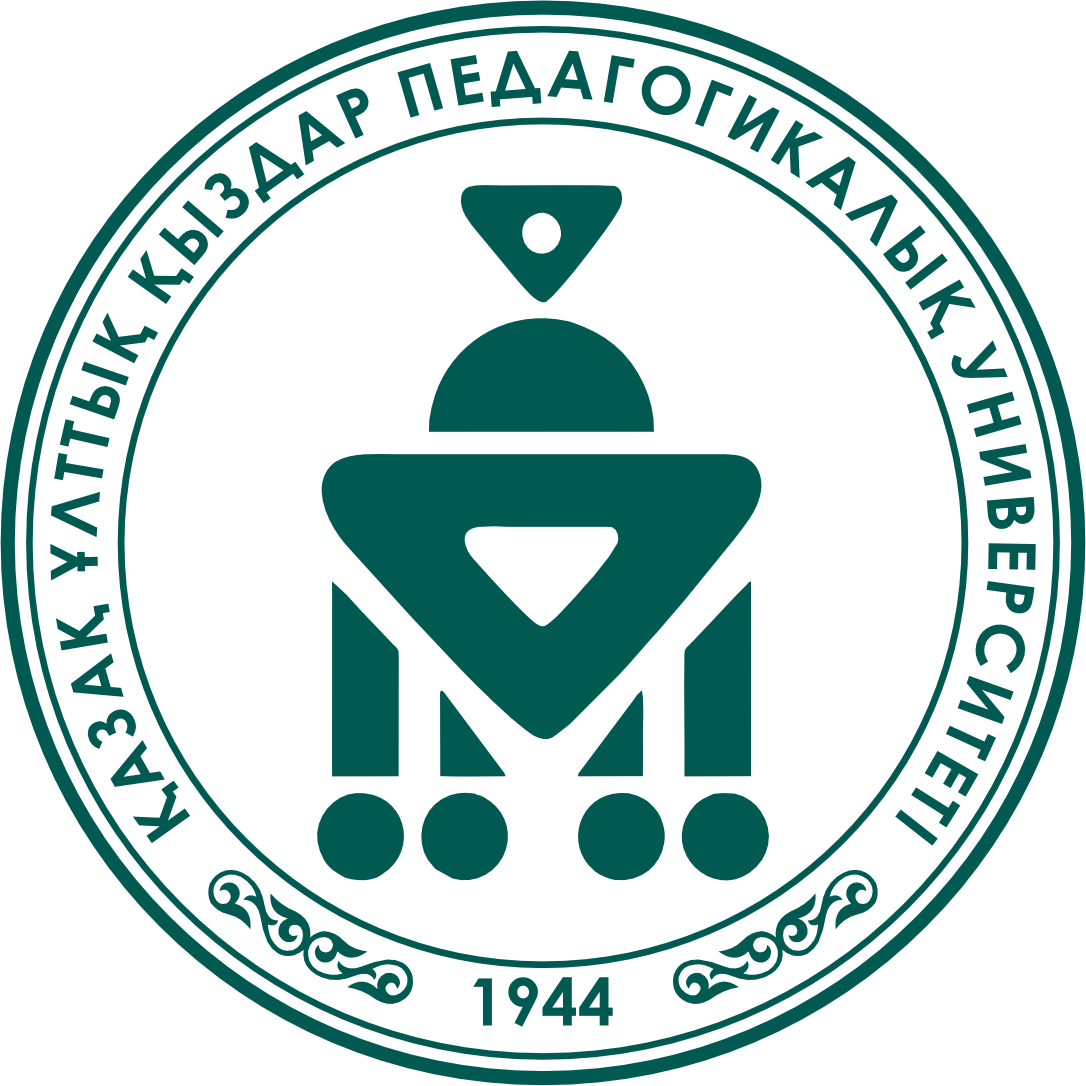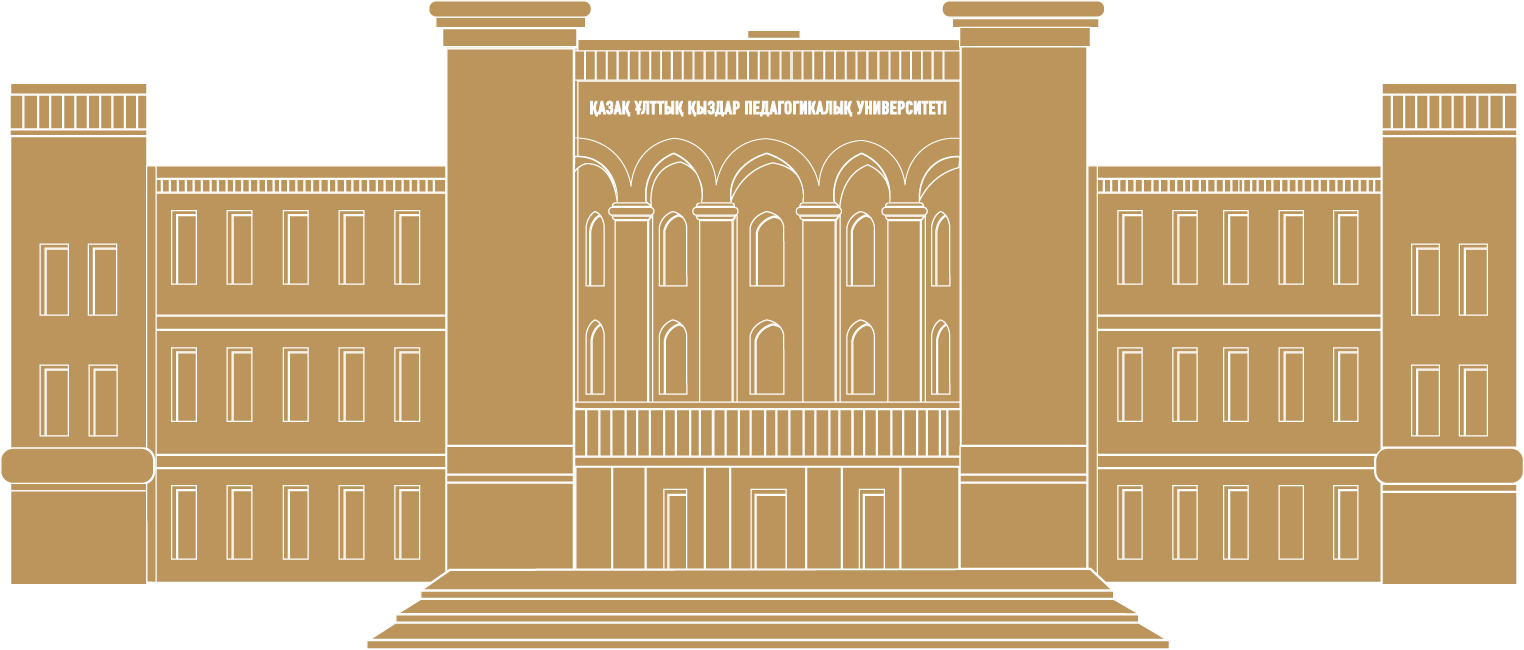Center for the Development of Rural Education
-
The goal of the Center for the Development of Rural Education is to improve the quality of education in villages, which will contribute to increased social justice and sustainable development of the country. The university strives to become a hub for the development of rural education in Central Asia.
Currently, there are 5,622 rural schools in Kazakhstan, with more than 45% of all students enrolled, highlighting the importance of ensuring access to quality education for rural residents. Particular attention must be paid to the development and support of rural schools to ensure quality education for all children, regardless of where they live. According to PISA, an international program for assessing the quality of education of students, the difference between students from rural and urban areas is 37 points, which corresponds to one year in academic terms. Rural students are in dire need of support. In this regard, the center sets itself the following tasks:
- Research on inequality of educational opportunities in rural schools
- Creation and moderation of discussion among stakeholders
- Informing decision making at the system level and in practice
To achieve its goals, the Center is guided by the UN Sustainable Development Goals (SDGs):
- SDG 1. Poverty. By providing education and training, the center supports poverty reduction, as education is a key driver of economic development and poverty reduction
- SDG 4. Quality education. The Center provides access to inclusive and quality education and promotes lifelong learning opportunities for all in rural areas.
- SDG 5. Gender equality. The Center promotes gender equality by ensuring equal access to education and focusing on the special needs of girls' education in rural areas.
- SDG 10: Reduce inequality. The Center works to reduce disparities by eliminating disparities in education and opportunity in rural communities, thereby promoting more equitable social and economic development. SDG 17. Partnerships for sustainable equality. The Center collaborates with local governments, NGOs and international organizations, promoting partnerships that are essential to the achievements of all CIAs.
Remote and Rural schools (RARS) project
A project aimed at increasing the leadership of School Teachers “Remote and Rural Schools (RARS) project”, organized by the merger of QyzPU, Teachers Lab, HertsCam Network (UK), and UNESCO, is being implemented in schools. 6 schools from Almaty region, 2 schools from Mangystau region, and 3 schools from Atyrau region were selected for the project.
The aim of the project is to increase the leadership of teachers in rural schools and develop a culture of teacher leadership in schools. Teacher leadership is an activity aimed at developing learning in the classroom, school, and educational system. Leadership is not a position, leadership is an action. In 1999, the methodology “Teacher-Led Development work” for the development of teacher leadership was founded at the Faculty of Education of the University of Cambridge and then tested in 17 countries around the world as part of the Hertcam Network and the International Teacher Leadership Initiative. On the basis of the same methodology, with the help of British colleagues, this project will be implemented for 1 year.Partners
HertsCam Network — is an independent teacher-led, not-for-profit organisation committed to educational transformation through support for teacher leadership.
TeachersLab — is an independent platform for teachers in the CIS countries
UNESCO — is a specialized agency of the United Nations Educational, Scientific and Cultural Organization
HertsCam Network

TeachersLab

UNESCO














